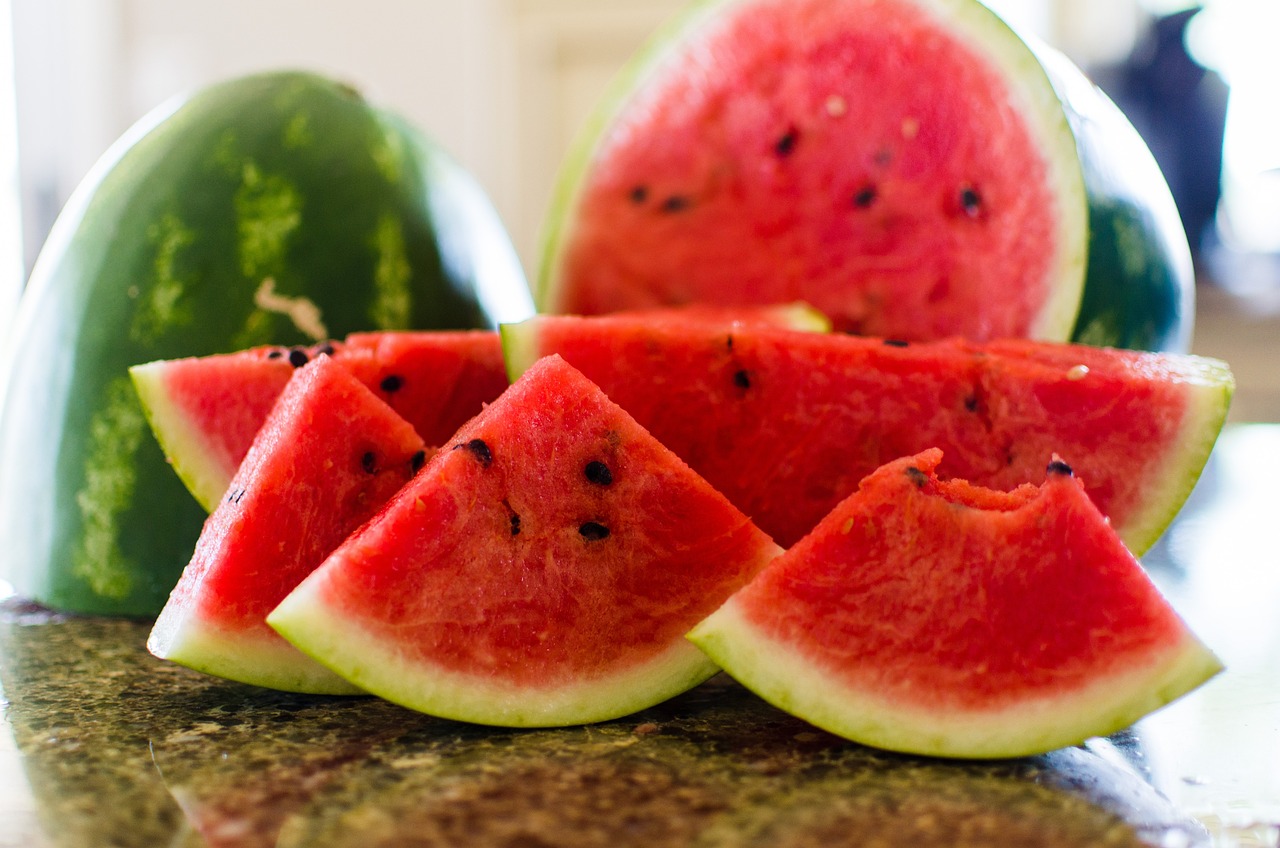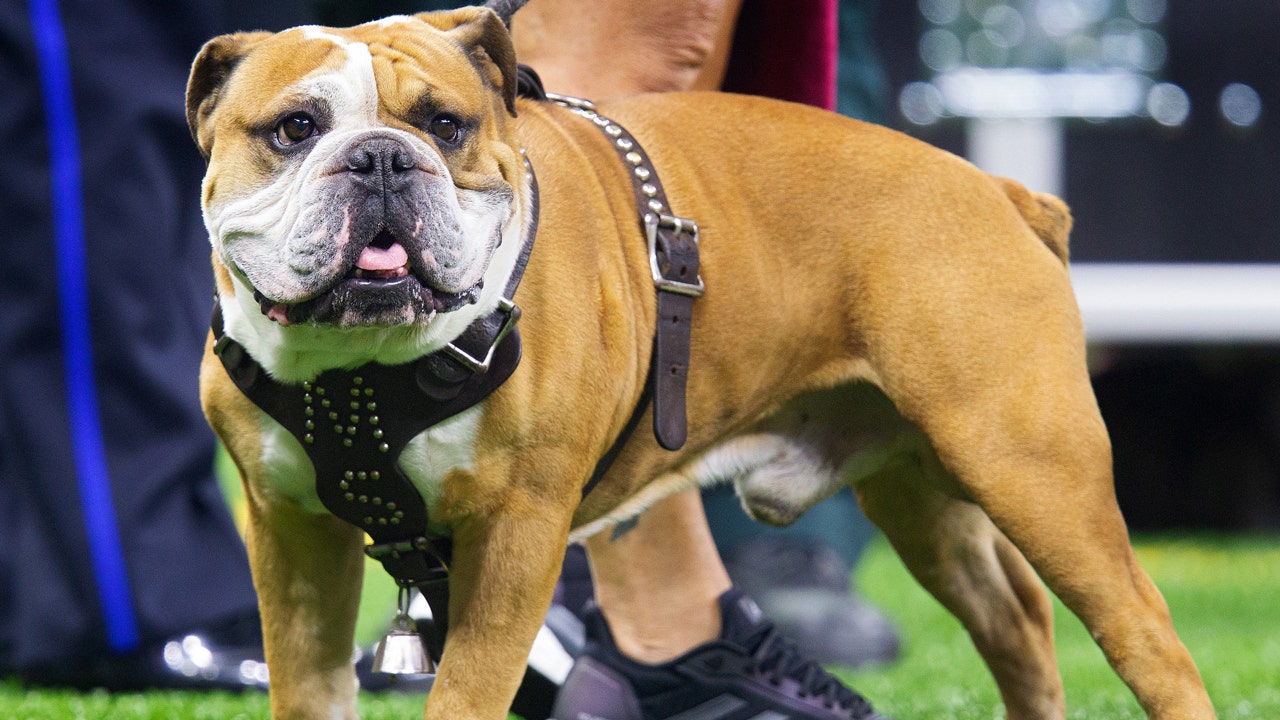Watermelon is a refreshing and popular fruit, especially during the warmer months. For dog owners, particularly those with Huskies, it’s important to understand whether this fruit is safe for their pets. Huskies are known for their energetic nature and thick fur, which can influence their dietary needs and how they react to certain foods. This article explores the safety of feeding watermelon to Huskies, examining its nutritional benefits, potential risks, and appropriate feeding practices. Huskies have unique dietary requirements and sensitivities, so understanding the impact of watermelon on their health is essential for owners who want to provide the best care for their furry companions.
Nutritional Benefits of Watermelon for Huskies
Watermelon can offer several nutritional benefits for Huskies. It is rich in vitamins like A, B6, and C, which are crucial for maintaining good health. Vitamin A supports vision and skin health, Vitamin B6 is vital for protein synthesis and proper brain function, and Vitamin C acts as an antioxidant, which can aid in reducing inflammation and bolstering the immune system. Additionally, watermelon’s high water content (about 92%) makes it a great source of hydration, which is particularly beneficial for Huskies, especially during hot weather or after exercise.
Besides vitamins, watermelon contains dietary fiber, which is good for digestion. However, the natural sugars in watermelon should be considered, as excessive consumption can lead to gastrointestinal upset or weight gain. For Huskies, who are prone to obesity, it’s important to moderate their intake of sugary treats like watermelon. Feeding them watermelon as part of a balanced diet can provide health benefits without the risks associated with overconsumption.
Potential Risks and Precautions
While watermelon is generally safe for Huskies, there are certain precautions to be taken. The seeds of watermelon can pose a choking hazard or cause intestinal blockage, especially in smaller or younger dogs, and thus should be removed before feeding. The rind, being tough and indigestible, can cause gastrointestinal upset or blockage and should be avoided. It’s important to feed only the flesh of the watermelon to your Husky.
Introducing watermelon or any new food into your Husky’s diet should be done gradually. This approach allows you to monitor for any allergic reactions or sensitivities, such as diarrhea or stomach upset. Although watermelon is low in calories, moderation is key to avoid disrupting the nutritional balance of your Husky’s diet. Considering Huskies’ high energy levels and exercise needs, treats like watermelon should complement their regular meals, not replace them.
Feeding Guidelines for Huskies
When feeding watermelon to Huskies, moderation is essential. Treats, including watermelon, should not constitute more than 10% of a dog’s daily caloric intake. For Huskies, a few small, seedless pieces of watermelon can be a sufficient treat. It’s important to adjust the portion size based on the dog’s size, age, and activity level. Gradually introducing watermelon into their diet and monitoring their reaction will help ensure it is a safe and enjoyable treat for your Husky.
Incorporating watermelon in different forms, such as freezing it for a cool summer treat or mixing it with other dog-safe fruits, can provide variety and enjoyment. However, always be mindful of the overall quantity and frequency of treats to maintain a balanced diet. If your Husky has specific health issues or dietary restrictions, consulting with a veterinarian before introducing significant amounts of watermelon or any new food is advisable.





